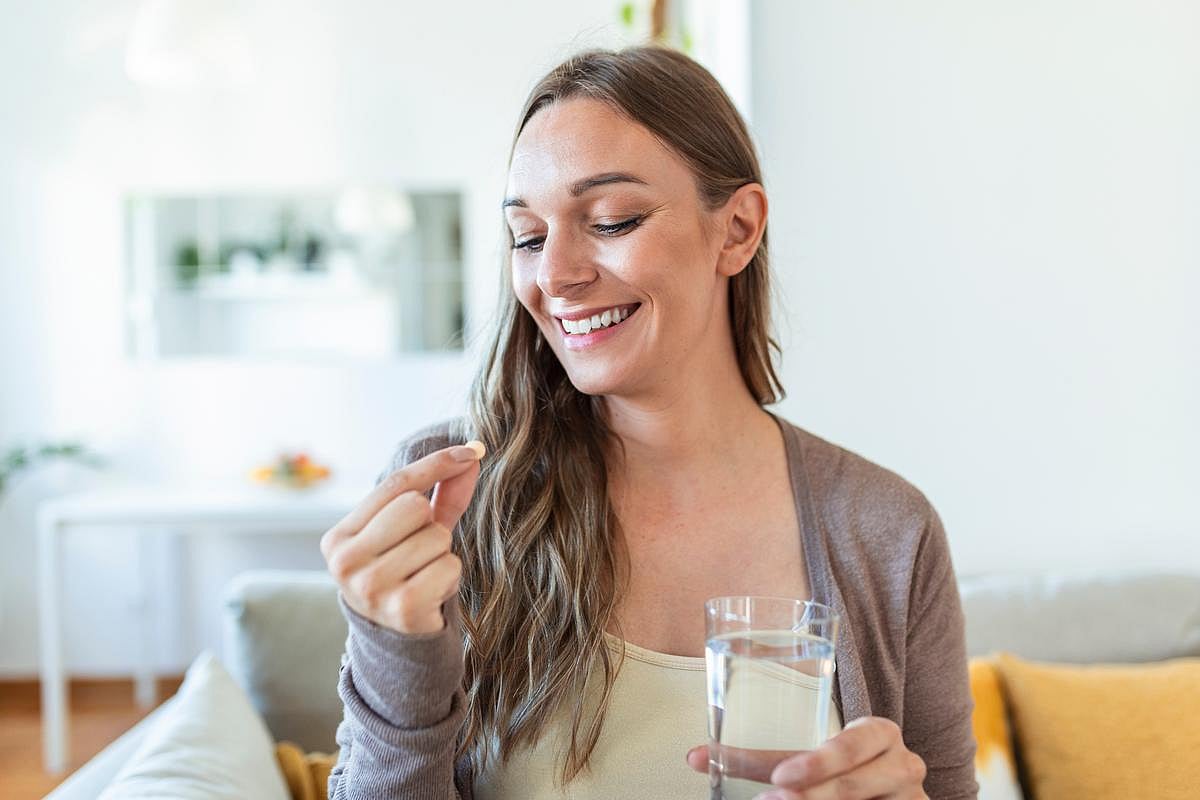Mon-Fri: 8:30a.m.-5:30p.m. | Sat: 9a.m.-12p.m. | Sun. & Major Holidays: Closed
Patient Resources
Get Healthy!
Vitamin D Supplements in Pregnancy Linked to Stronger Bones in Kids
- November 7, 2024
- HealthDay Reporter

Women who take vitamin D supplements during a pregnancy may be giving their kids the legacy of stronger bones, new British research suggests.
Children whose moms took vitamin D supplements when pregnant had stronger, denser bones at the age of 7 compared to the kids of women who didn't, a study from the University of Southampton shows.
It's an head start on bone health that might last a lifetime, said lead researcher Dr. Rebecca Moon.
“This early intervention represents an important public health strategy. It strengthens children’s bones and reduces the risk of conditions like osteoporosis and fractures in later life," said Moon, a clinical lecturer in child health at the university.
Her team published its findings in the November issue of The American Journal of Clinical Nutrition.
It's long been understood that vitamin D -- often called the "sunshine vitamin" because human skin manufactures it upon contact with sunlight -- plays a key role in bone development and health.
As the British team explained, the nutrient regulates the body's levels of calcium and phosphate -- two minerals needed for strong bones, teeth and muscle health.
Could maintaining good levels of vitamin D in pregnancy benefit offspring?
To find out, Moon's team randomized over 1,000 pregnant women into two groups. Half got an extra 1,000 International Units per day of vitamin D in supplement form, while the other half got a placebo pill.
The bone health of 454 of the children resulting from those pregnancies was tested as they reached the ages of 4, 6 and 7.
At age 4, kids whose moms had gotten the supplements had stronger bone density versus those whose moms got the placebo, the researchers found.
Those benefits continued up to the age of 7.
Just how does a mom-to-be's vitamin D status affect her children's bones?
According to research carried out by the British team, extra vitamin D in the womb appears to trigger "changes in the activity of [fetal] genes forming part of the vitamin D pathway," according to a university news release.
There are probably other benefits to vitamin D supplementation in pregnancy, as well. Prior research by Moon's group found that it might lower children's odds for eczema, and even cut a woman's risk of needing a C-section.
More information
Find out more about vitamin D and pregnancy at the American Pregnancy Association.
SOURCE: University of Southampton, news release, Nov. 6, 2024

